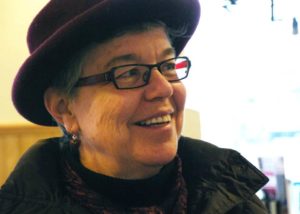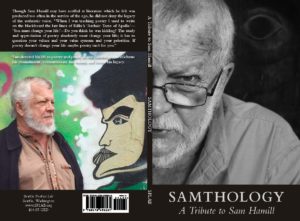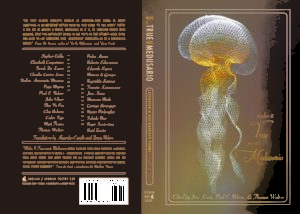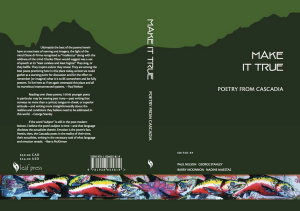 SPLAB’s own Cate Gable, intrepid columnist for the Chinook Observer, observes the (ahem) “poetry” of the Minneapolis Police in the Derek Chauvin case:
SPLAB’s own Cate Gable, intrepid columnist for the Chinook Observer, observes the (ahem) “poetry” of the Minneapolis Police in the Derek Chauvin case:
There are several literary devices at play here. Let’s start with understatement. “To note” is an action that means to glance at and, in the most incidental way, notice something. It’s hardly the verb witnesses on the scene used as they watched George Floyd die. They testified that they pleaded for his life. They screamed, “You’re killing him!” They shouted, “He is not resisting, let him go!” and other perfectly appropriate and reasonable rejoinders. There was nothing incidental about George’s death throes, despite what the “officers noted.”
That he “appeared to be suffering medical distress” seems the height of understatement. In fact during the trial, pulmonologist Dr. Martin Tobin pinpointed the exact moment when George stopped breathing. As stated in a Slate article by Elliot Hannon, “Dr. Martin Tobin provided a powerful rebuttal and excruciating testimony Thursday outlining just how Floyd died… READ MORE
The language at play here is evocative of Allen Ginsberg’s paraphrase of William Blake when he was interviewed for SPLAB in June of 1994 talking about First Thought/Best Thought, something quite the opposite of the POPO poetry attempt Cate writes about in the case of the Minnesota Police report in the George Floyd case.
Allen Ginsberg: Before you filter it, it usually comes intact as a kind of raw, emotionally interesting gleam, usually visual. So Kerouac has the idea in his instructions for writing, “Don’t stop to think of words, but to see picture better.” The first primordial picture that you see. Because what people tend to do is be a little ashamed of their minds, or ashamed of their raw thoughts. “Well, that’s too personal,” or, “That’s just me. Maybe I should generalize it.” Say I’m having a dream in which I’m sleeping with mother. Now, I don’t want to write about THAT! So I’ll think I’ll say, “I had a dream in which I did something bad. Ha. Or I had a dream in which I outraged society, or I had a dream in which I…“ I don’t know. And finally, you’ll lose the humor and contradictoriness and quiddity and humanity of the first glimpse that goes back to Freud or goes back before the Bible. And you lose the detail and you lose the believability, and instead, you get some generalization or abstraction. And one very interesting thing that William Blake says is, “Generalization and abstraction are the plea of the hypocrite, knave and scoundrel.” Labor well the minute particulars. Take care of the little ones, the minute, particular details. Take care of the little ones. Kerouac has the phrase, “Details are the life of prose or poetry.” Or as Pound said, “Direct treatment of the thing or object,” or Williams says, “No ideas but in things,” or the American vernacular, “Give me a for instance.”




